The history of some of the world’s oldest universities
Embarking on a journey through the annals of history, we encounter the venerable institutions that laid the groundwork for modern academia. These universities are not just centers of learning; they are time capsules of human intellect and culture.
From the cobblestoned streets of Italy to the historic halls of England, these ancient centers of knowledge have shaped the educational landscapes of their respective nations, leaving an indelible mark on the world.
The Birth of Higher Education: Setting the Stage
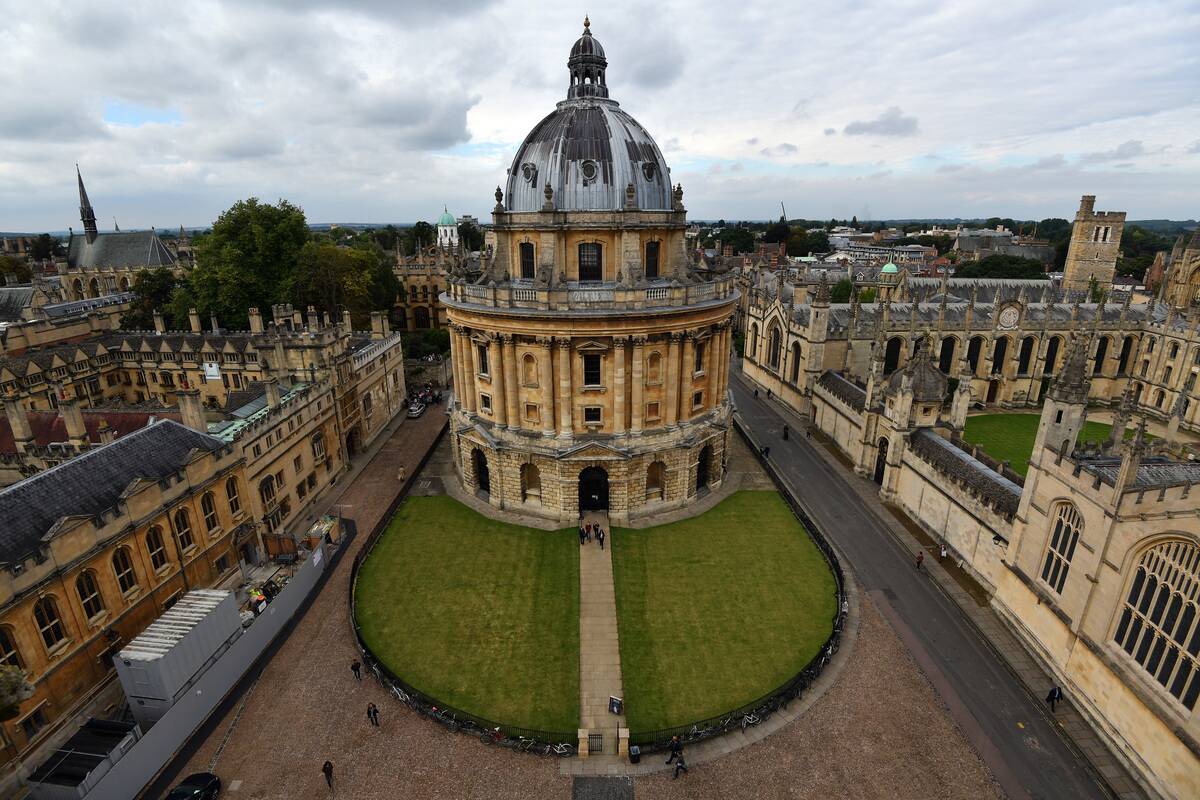
The concept of higher education as we know it today began to take shape around the 11th and 12th centuries. During this period, the demand for educated clergy and administrators led to the establishment of formal centers of learning.
These early universities were often affiliated with the Church, focusing on theology, law, and medicine. They served as the crucibles where medieval thought began to evolve into more structured forms of scholarly pursuit.
University of Bologna: The Pioneer of Academic Freedom
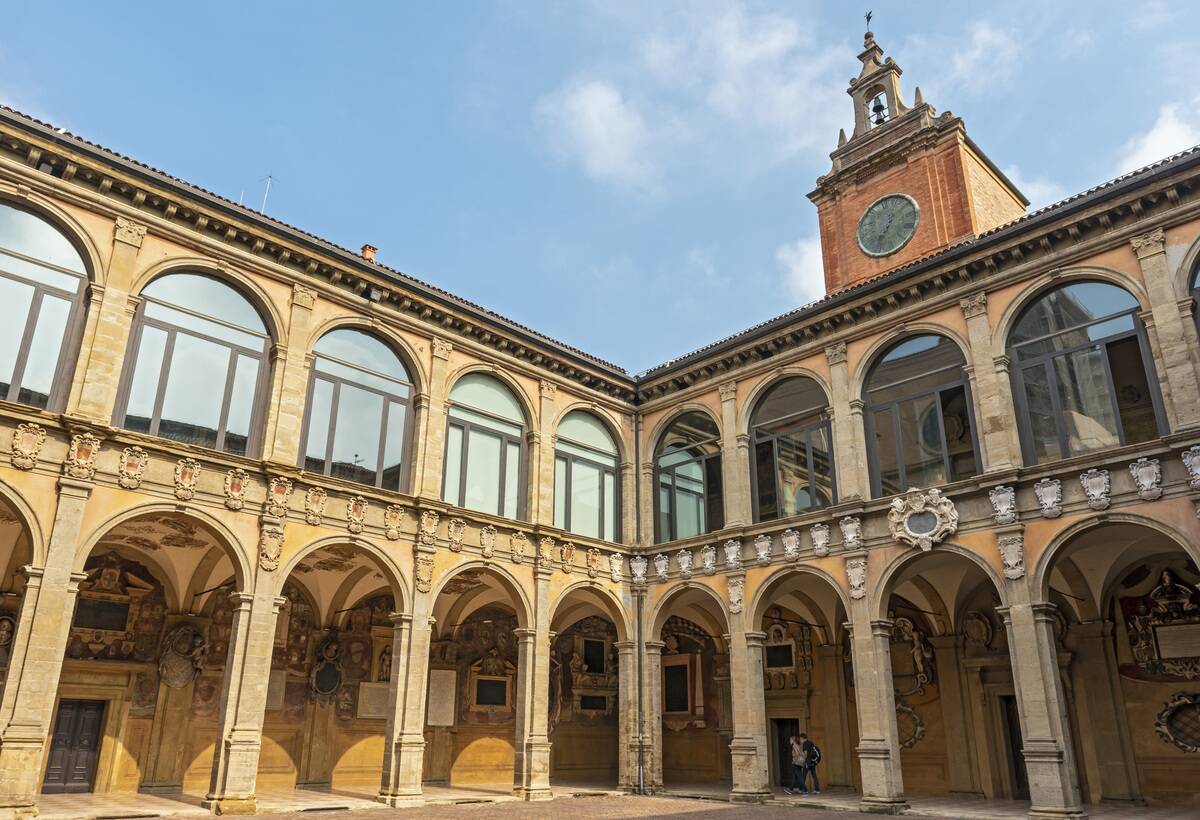
Founded in 1088, the University of Bologna is recognized as the oldest university in continuous operation. It introduced the concept of academic freedom, allowing scholars to pursue knowledge without external interference.
This institution became a magnet for students from across Europe, who were eager to learn from renowned scholars in fields like law and the humanities. Bologna’s legacy of intellectual liberty has inspired countless educational institutions worldwide.
University of Oxford: A Legacy of Excellence
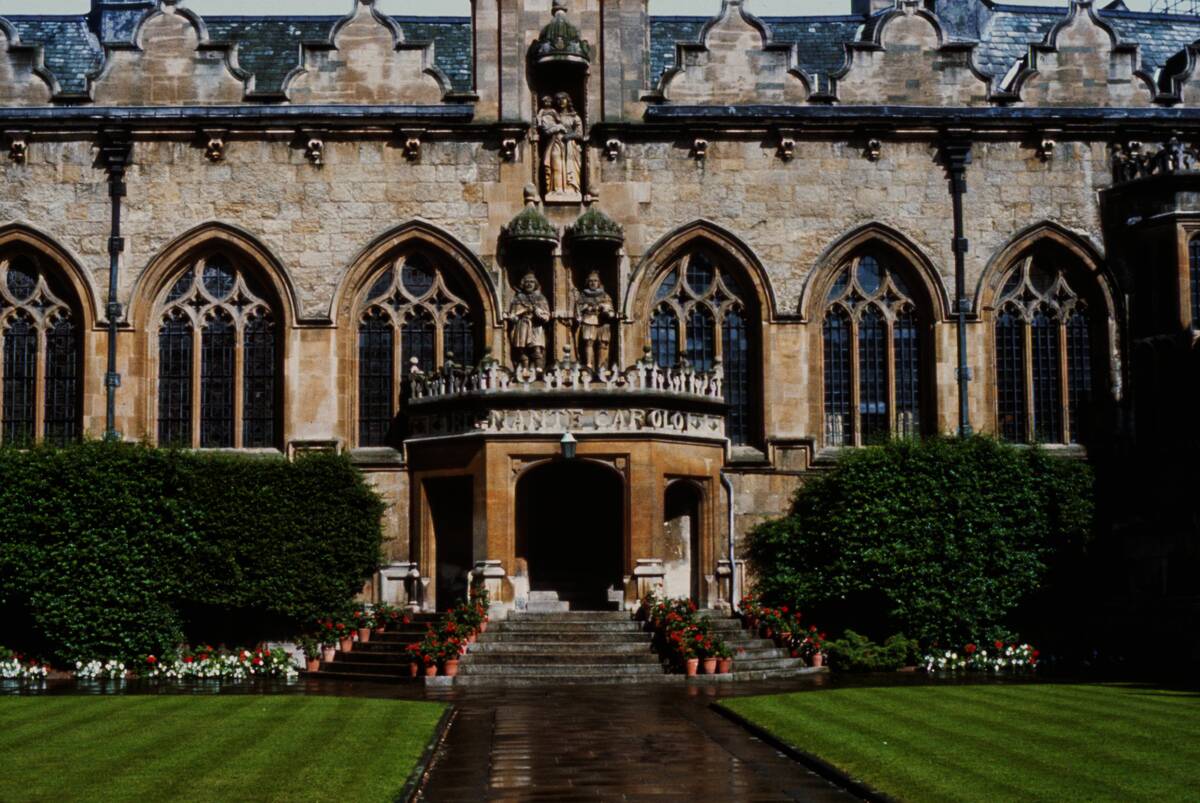
The University of Oxford, with its origins tracing back to the 12th century, is one of the world’s most prestigious universities. Known for its rigorous academic programs and influential alumni, including numerous prime ministers and Nobel laureates, Oxford has consistently pushed the boundaries of learning and research.
Its collegiate system, consisting of individual colleges with unique traditions, adds a distinctive charm to its scholarly atmosphere.
University of Paris: The Intellectual Heart of Europe
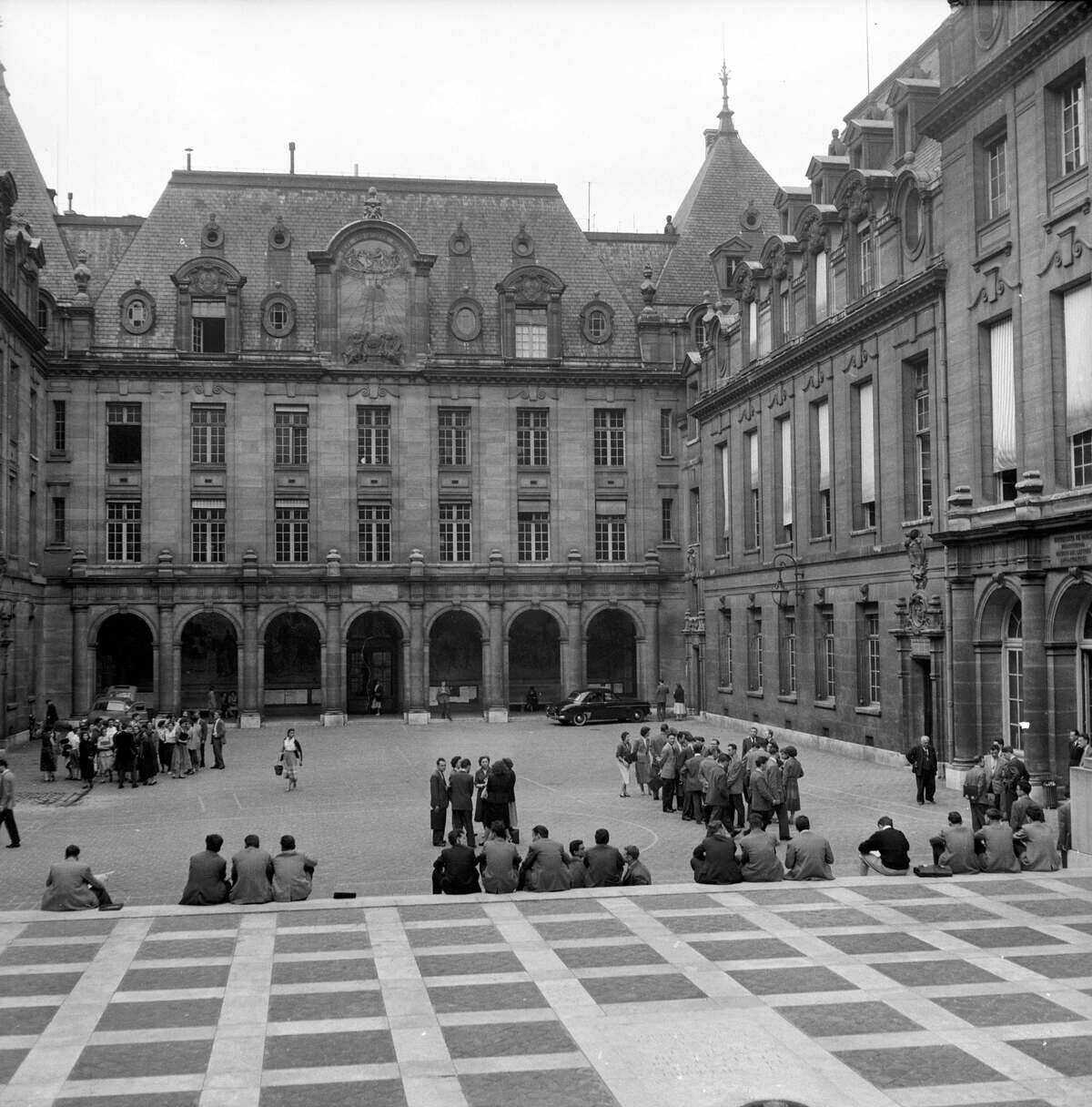
Established in the mid-12th century, the University of Paris became a major intellectual hub during the Middle Ages. Known as the Sorbonne, it was famed for its contributions to philosophy and theology, attracting scholars like Thomas Aquinas.
The university played a pivotal role in the development of scholastic thought, a method that sought to reconcile faith with reason, significantly influencing European intellectual traditions.
University of Salamanca: Spain’s Academic Gem
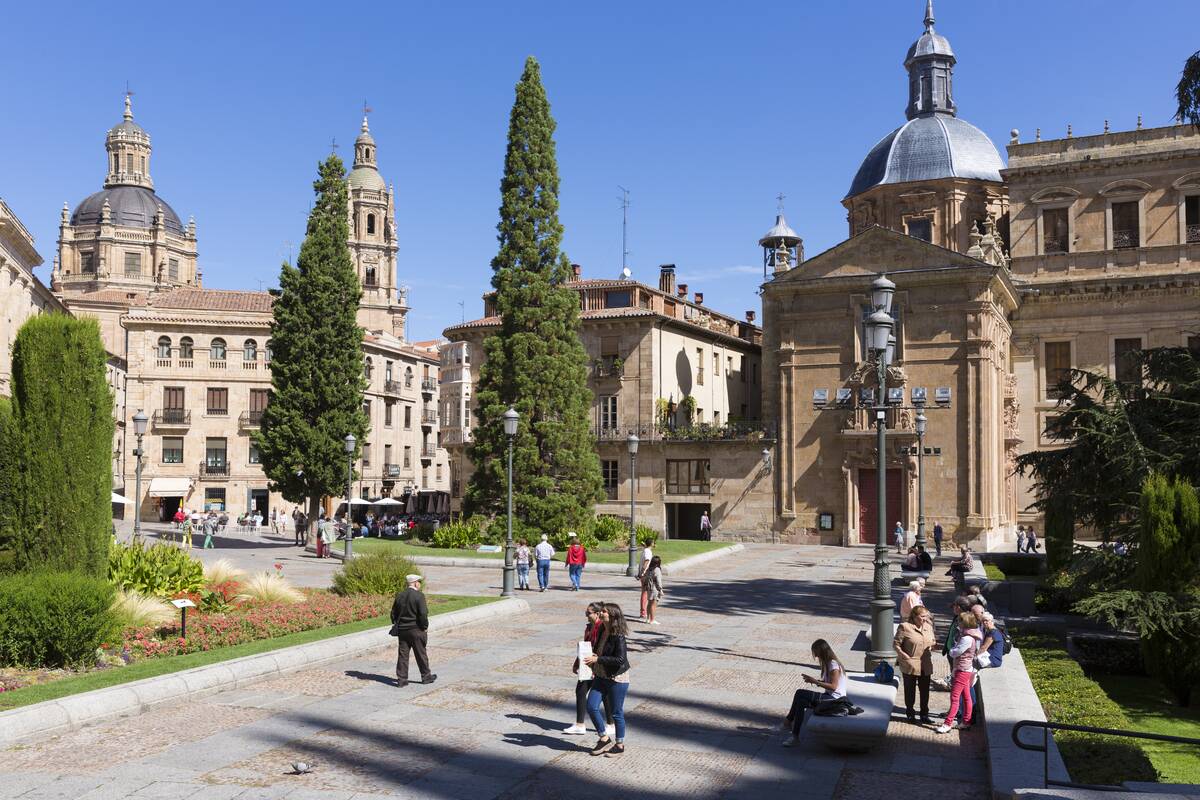
Dating back to 1134, the University of Salamanca is one of the oldest universities in Spain and the world. It became a prominent center of learning during the Spanish Renaissance, known for its contributions to law, languages, and humanities.
The university’s façade, adorned with intricate Plateresque architecture, is a testament to its rich history and cultural significance. Salamanca’s influence extended across Europe, especially during the Age of Exploration.
University of Padua: A Hub of Renaissance Thought
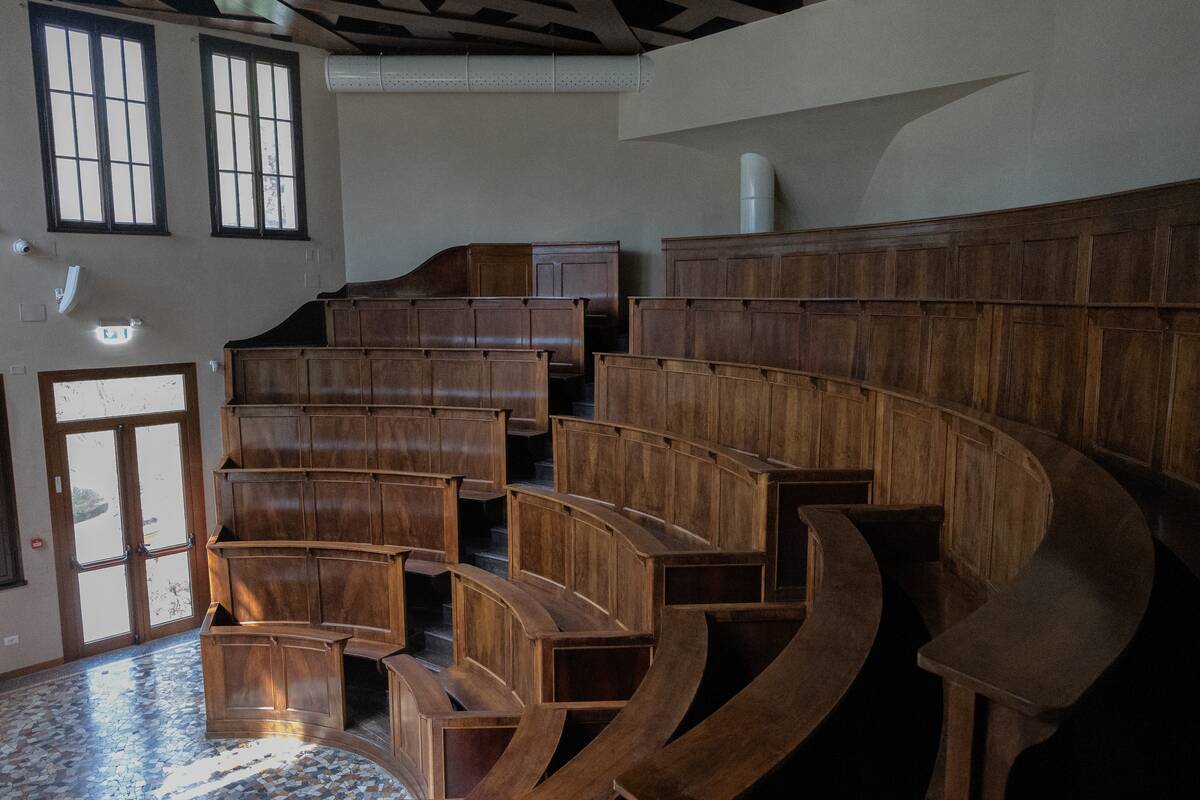
Founded in 1222, the University of Padua emerged as a center for Renaissance humanism and scientific inquiry. It is renowned for its early adoption of empirical research methods, thanks to figures like Galileo Galilei, who taught there.
Padua’s emphasis on observational and experimental science laid the groundwork for modern scientific disciplines, making it a beacon of innovation during a time of profound intellectual transformation.
University of Cambridge: Tradition Meets Innovation
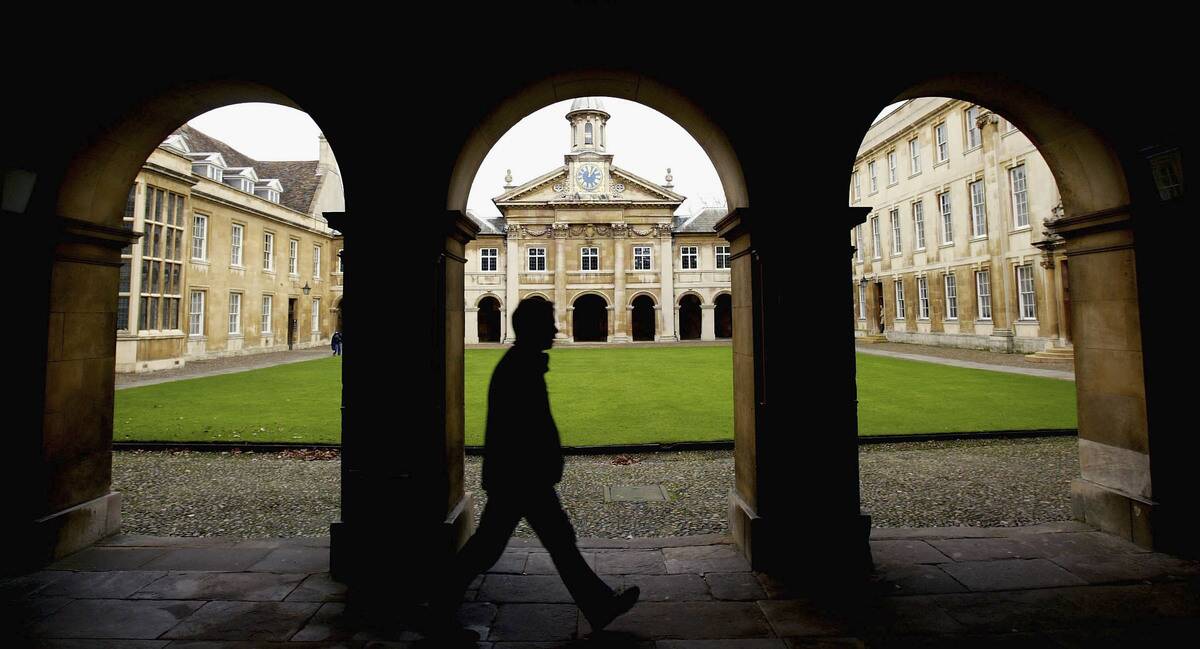
Established in 1209, the University of Cambridge is synonymous with academic excellence and cutting-edge research. It has produced a plethora of influential figures, including Isaac Newton and Charles Darwin.
Cambridge’s commitment to fostering innovation while maintaining its rich traditions is evident in its diverse range of programs and pioneering research. Its collegiate system, akin to Oxford’s, fosters a tight-knit academic community that thrives on collaboration.
University of Heidelberg: Germany’s Scholarly Powerhouse

Founded in 1386, the University of Heidelberg is Germany’s oldest university and a pillar of German scholarship. It became a center for humanism, attracting scholars from across Europe.
Heidelberg was instrumental in the Protestant Reformation, with many of its faculty members actively participating in theological debates. Today, it remains a leading research institution, known for its contributions to the humanities and the natural sciences.
University of Coimbra: Portugal’s Center of Knowledge
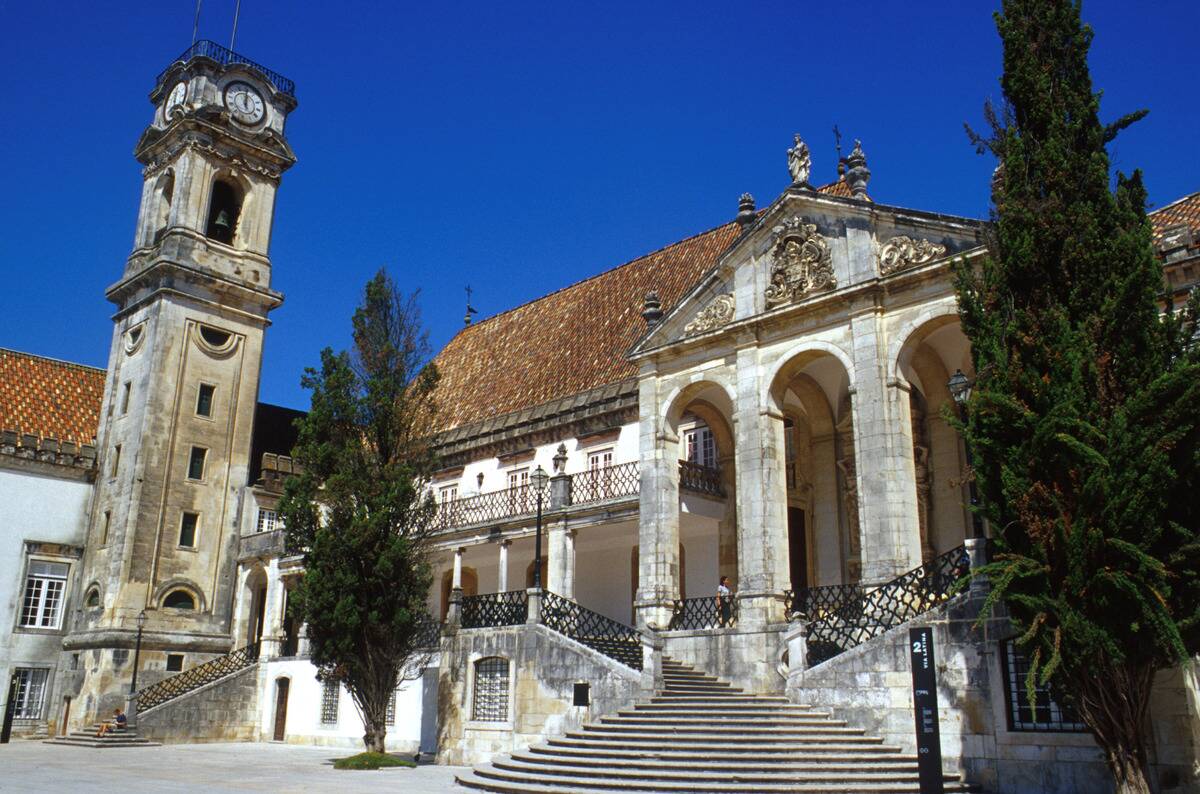
The University of Coimbra, established in 1290, is one of the oldest universities in continuous operation in the world. It served as Portugal’s primary center of learning, significantly influencing the country’s cultural and scientific development.
The university’s Joanina Library, a stunning example of Baroque architecture, houses a vast collection of rare books and manuscripts, highlighting Coimbra’s historical importance in the preservation and dissemination of knowledge.
University of Siena: Where Art and Academia Converge
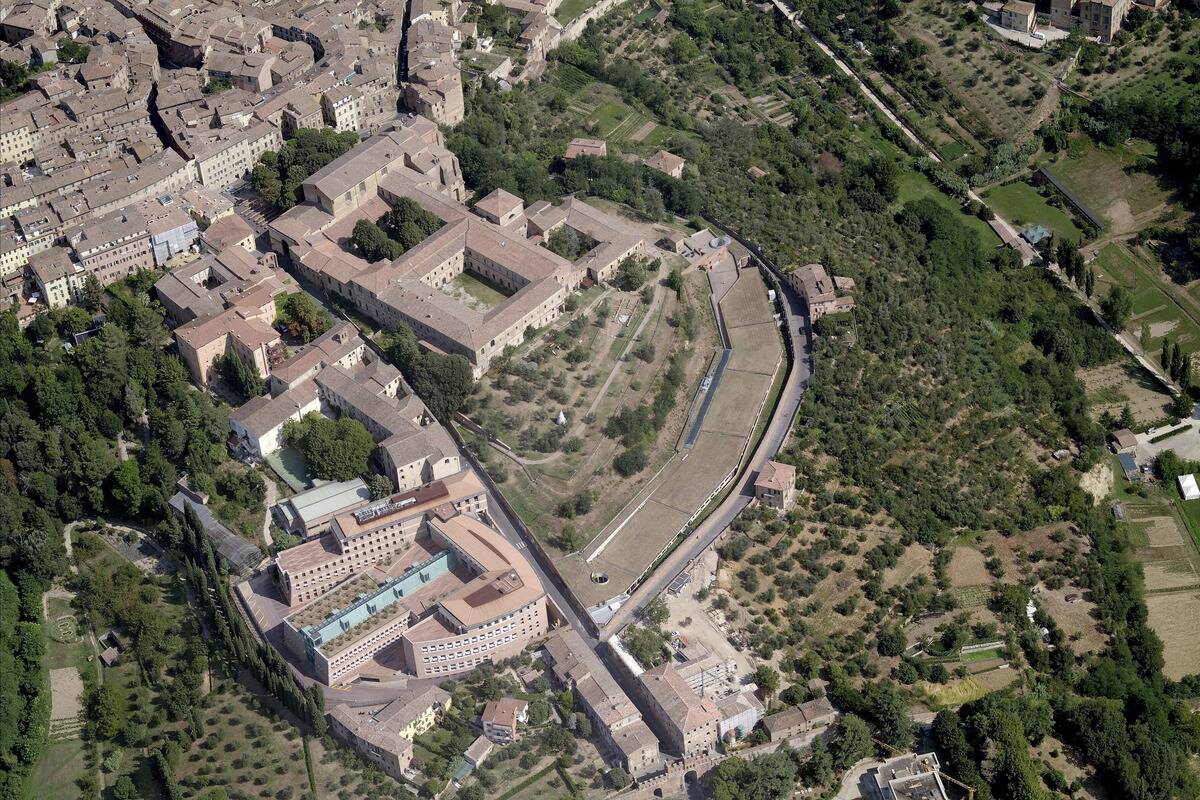
Since its founding in 1240, the University of Siena has been a vital part of Italy’s educational landscape. Known for its strong emphasis on humanities and social sciences, Siena has nurtured a vibrant academic community within the picturesque setting of Tuscany.
The city itself, with its rich artistic heritage and medieval architecture, provides a unique backdrop for learning, where the arts and academia seamlessly blend to create a dynamic educational experience.
University of Prague: The Crossroads of European Learning

The Charles University in Prague, established in 1348, is the oldest university in Central Europe. It played a crucial role in the cultural and intellectual exchanges between Western and Eastern Europe.
The university was a hotbed for reformist ideas, notably during the Hussite movement, which sought to challenge the Catholic Church’s authority. Charles University continues to be a vibrant center of learning, fostering dialogue and collaboration across diverse fields.
University of Krakow: Poland’s Historic Seat of Learning
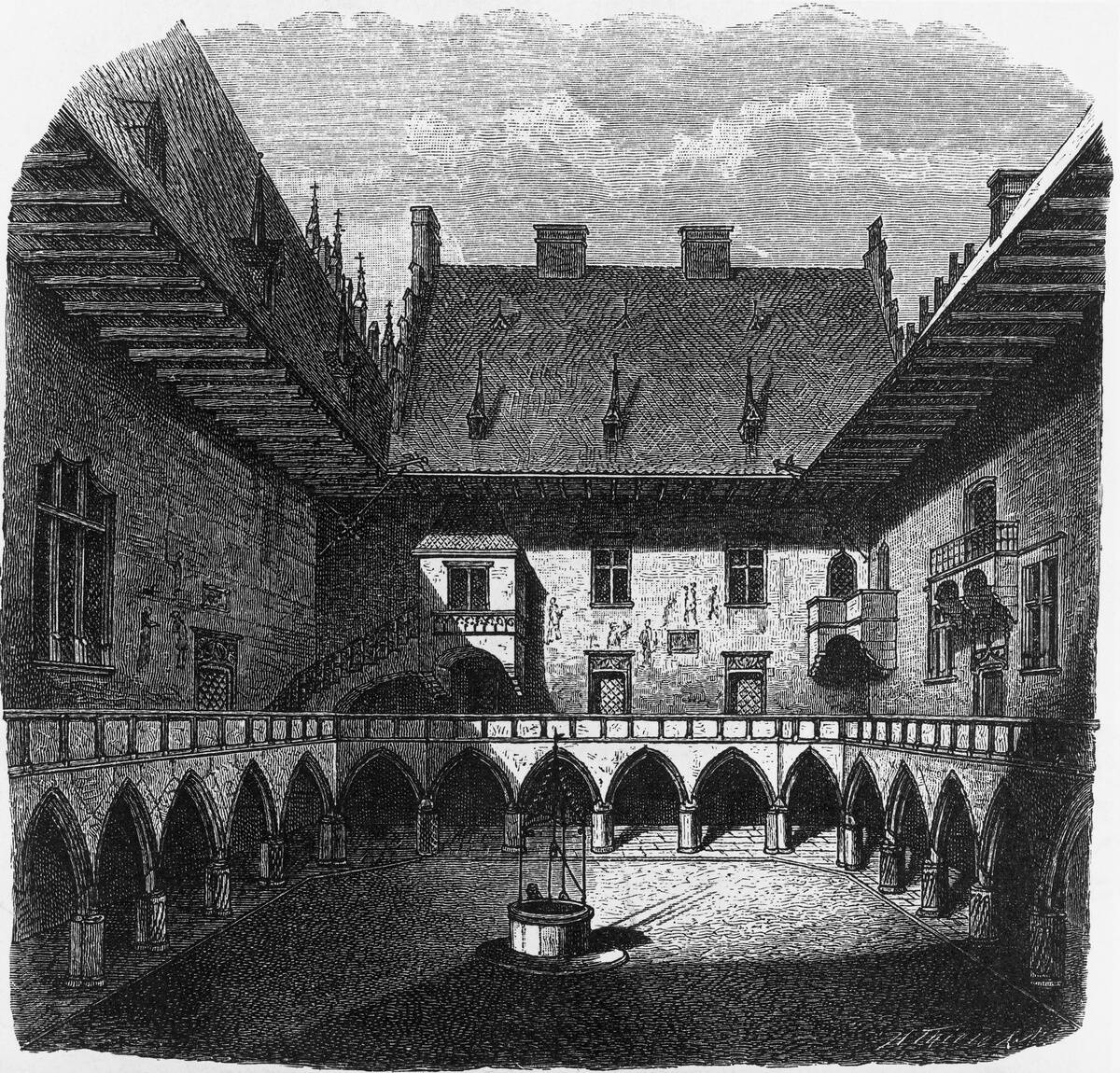
Founded in 1364, the Jagiellonian University in Krakow is Poland’s oldest and most prestigious university. It became a leading center for the study of astronomy, mathematics, and theology during the Renaissance.
The university’s notable alumni include Nicolaus Copernicus, who revolutionized our understanding of the cosmos. Today, it remains a key institution for research and education, contributing to Poland’s rich academic tradition and cultural heritage.
University of Vienna: The Intellectual Beacon of Austria

The University of Vienna, established in 1365, is one of Europe’s largest and most renowned universities. Known for its contributions to philosophy and the humanities, it has been home to many influential thinkers, including Sigmund Freud and Kurt Gödel.
Vienna’s vibrant academic environment has fostered critical developments in a multitude of disciplines, solidifying its reputation as a hub of intellectual activity and innovation in Austria and beyond.
University of Glasgow: Scotland’s Academic Pride

Founded in 1451, the University of Glasgow is one of the oldest universities in the English-speaking world. It has been at the forefront of research and teaching, particularly known for its contributions to the Scottish Enlightenment.
The university’s alumni include renowned figures like Adam Smith, who laid the foundations of modern economics. Glasgow continues to be a leading center of academic excellence, with a strong emphasis on research and innovation.
The Influence of Ancient Academies on Modern Universities
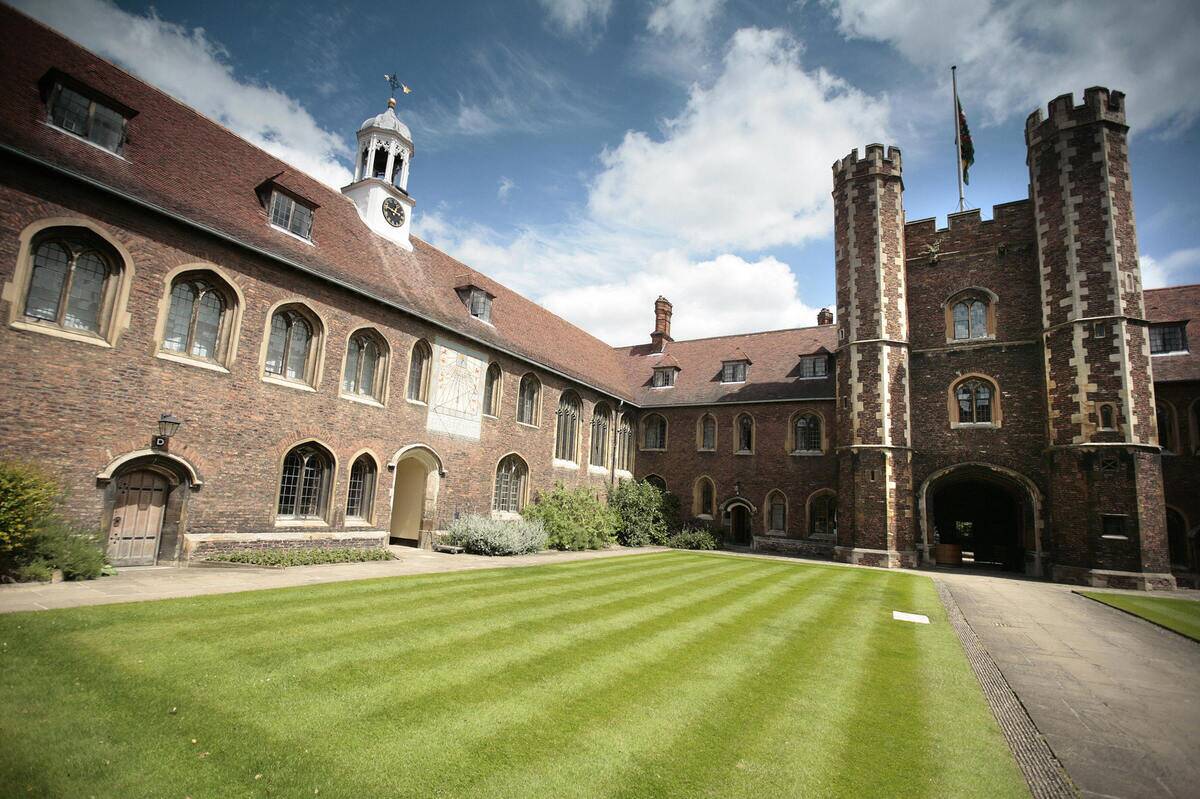
The enduring legacy of these ancient universities is evident in the structure and philosophy of modern higher education institutions. They pioneered the concept of the liberal arts curriculum, encouraging a broad-based education that fosters critical thinking and intellectual curiosity.
Many of the traditions and values established by these early academies, such as academic freedom and scholarly rigor, continue to underpin the ethos of contemporary universities worldwide.
How These Historic Institutions Shape Today’s Educational Landscape
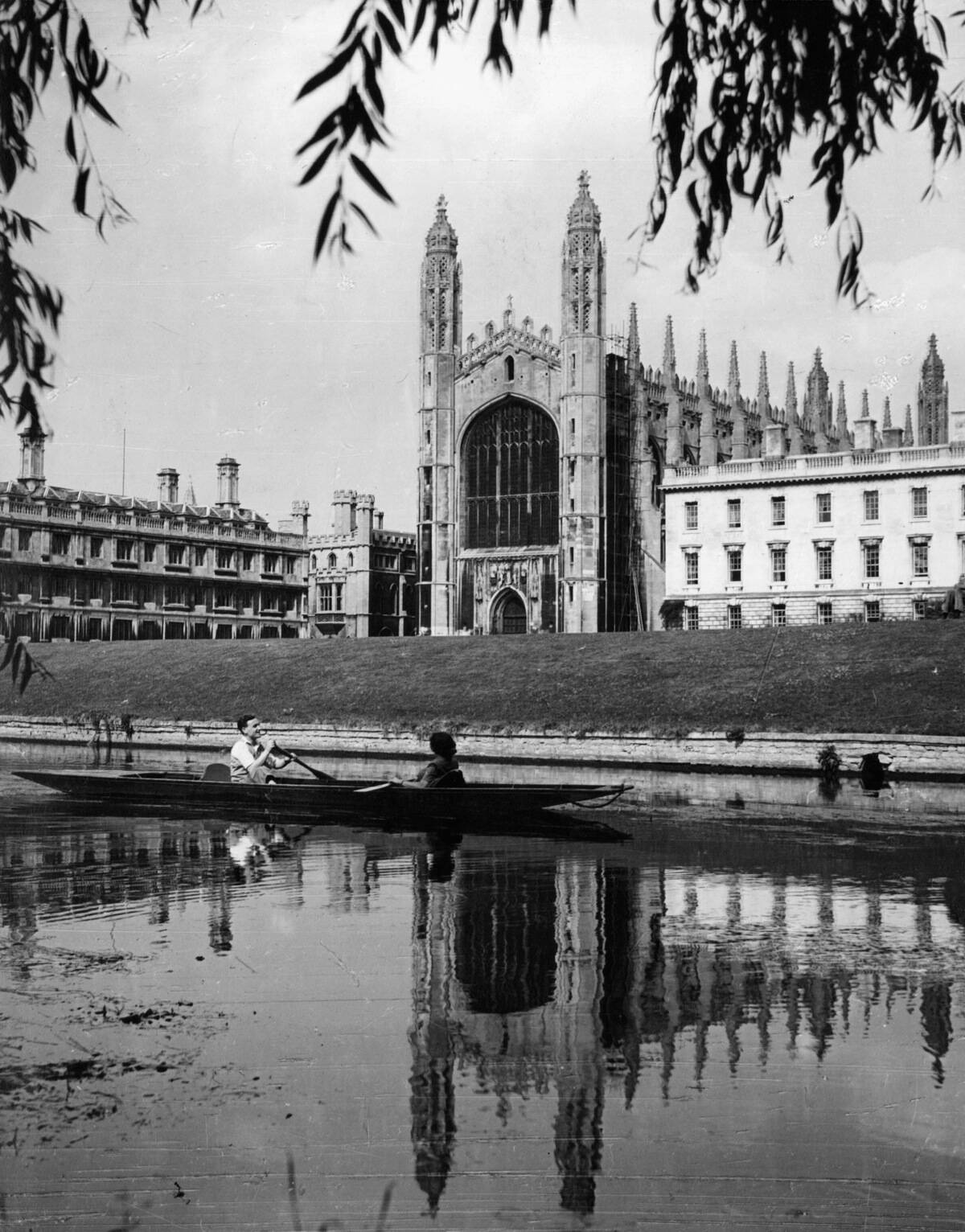
Today, the oldest universities serve as models of resilience and adaptability, constantly evolving to meet the demands of a changing world. They have embraced technological advancements and global perspectives, ensuring their relevance in the 21st century.
By preserving their rich histories while promoting innovation and inclusivity, these institutions continue to shape the global educational landscape, inspiring future generations to pursue knowledge and contribute to the betterment of society.



